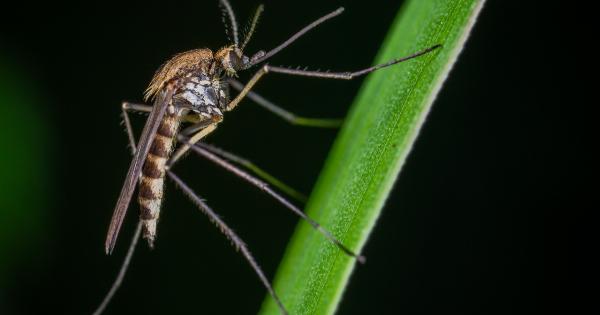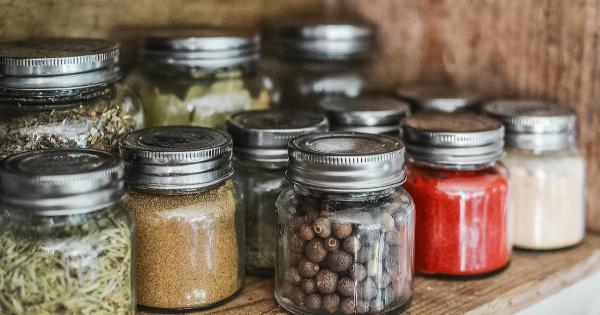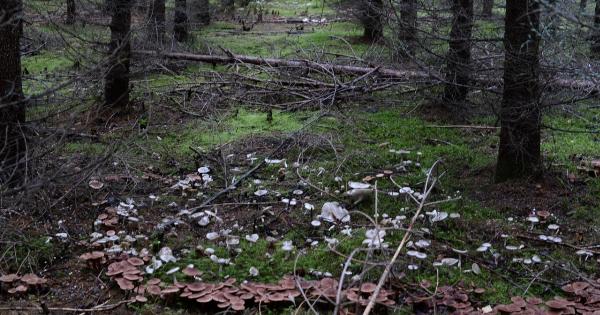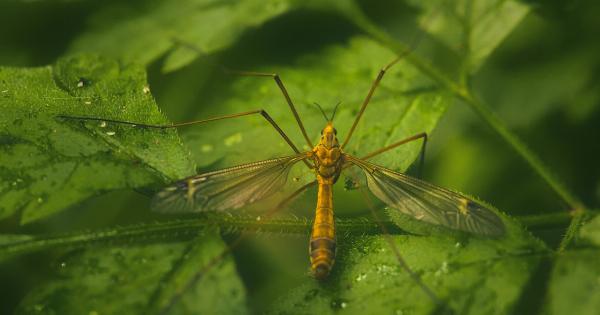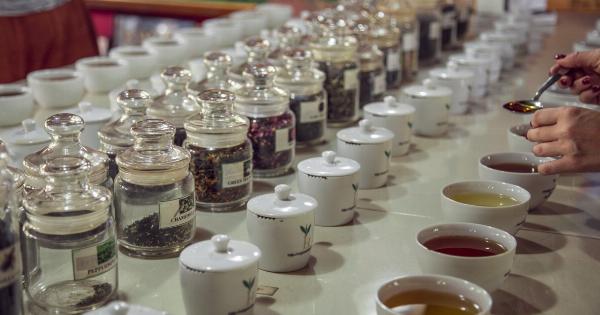Is your garden being wrecked by aphids? These tiny insects can cause a lot of damage, but it’s their bites that really cause trouble. Here are 10 tips to help you eliminate those annoying bites and enjoy your garden once again.
1. Use garlic spray
Garlic is a natural insecticide, and it’s a great way to deter aphids. Simply blend 4 garlic bulbs with some water and strain the mixture into a spray bottle. Spray the solution liberally directly onto the infected plants to repel the aphids.
2. Hang yellow sticky traps
Aphids are attracted to the color yellow, so hang yellow sticky traps around your garden to catch them. These traps work by sticking to the insects, preventing them from moving around the plants.
You can make your own traps by covering a yellow card with honey or petroleum jelly.
3. Introduce natural predators
Ladybirds (ladybugs) and lacewings are natural predators of aphids. These tiny creatures feed on the aphids and will help to keep their numbers down. You can introduce them to your garden by buying them from a specialist supplier.
4. Neem oil spray
Neem oil is a natural pesticide that you can use to eliminate aphids. It’s made from the seeds of the neem tree and is non-toxic to humans and animals.
Simply mix 1 tablespoon of neem oil with 1 liter of water and spray the solution onto the infected plants.
5. Prune infected branches
If any of your plants are heavily infested, it’s best to remove the whole branch to prevent the pests from spreading. You can also prune any infected leaves with a little soap and water.
6. Encourage beneficial insects
One way to keep aphid populations down is to encourage beneficial insects such as parasitic wasps and hoverflies. These insects feast on aphids, and they are naturally attracted to certain plants such as dill, fennel, and yarrow.
Planting these plants in your garden can help to attract these insects.
7. Soap spray
A simple soap spray can provide aphid control. Mix 1 tablespoon of dish soap with 1 liter of water and spray the solution directly onto the infected plants.
This method is effective because the soap breaks down the aphids’ protective waxy coating, causing them to dehydrate and die.
8. Use a high-pressure hose
If your plants are heavily infested, you can use a high-pressure hose to remove the aphids. Simply spray the infected plants with water at high pressure to wash away the insects. This will help to control their numbers and prevent them from spreading.
9. Plant resistant varieties
Some plant varieties are more resistant to aphids than others. Choosing these varieties can help to prevent infestations. Talk to a specialist at your local nursery to find out which plants are best suited to your garden.
10. Keep your garden clean
Aphids are attracted to dirty, damp environments. Keep your garden clean and tidy to prevent them from breeding. Remove any rotting leaves or debris and make sure the soil is well-drained. This will help to prevent aphid infestations.





